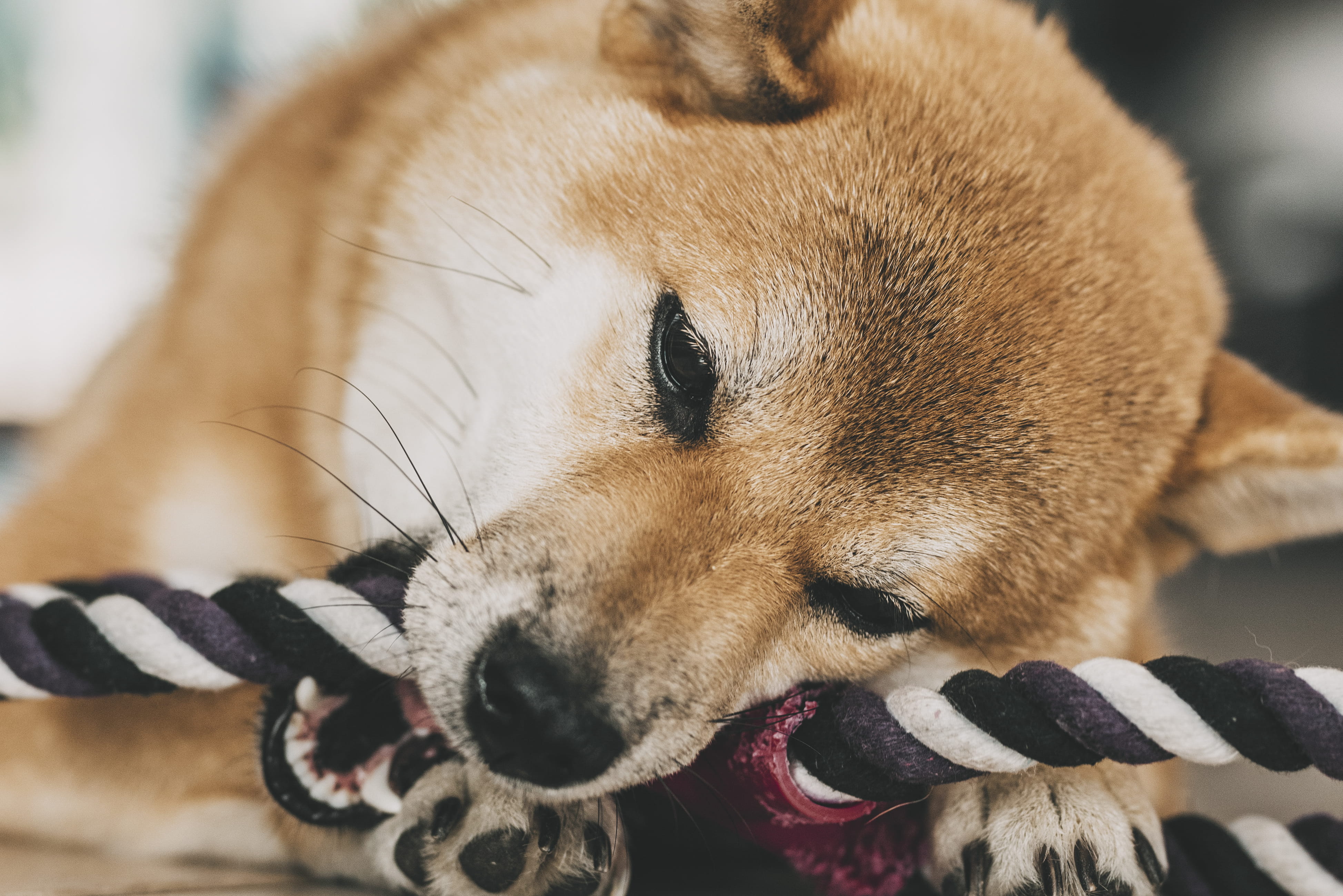
If you’ve ever had a playful puppy grab your hand with their teeth, you’ve seen how dogs use their
mouths to explore the world. While this behavior—often called mouthing—is completely normal, it can
become a problem if not properly addressed. In a pet-friendly city like Cape Coral, Florida,
teaching your dog to use their mouth gently is more than just good manners—it’s essential for
safety, socialization, and overall happiness.
Whether you're enjoying an afternoon at Rotary Park, strolling through Four Freedoms Park, or
grabbing coffee near downtown Cape Coral, a well-behaved dog enhances your experience and your
community’s. And if you've been searching online for a dog trainer near you, this guide will explain
why teaching bite inhibition should be high on your training checklist.
Mouthing is when a dog uses their mouth to interact with people, objects, or other animals—usually without intending harm. Puppies especially use their mouths to explore their environment. While this is a natural part of development, it can become dangerous if the dog doesn’t learn to control the pressure of their bite. Dogs typically learn bite inhibition from their littermates and mother. When one puppy bites too hard, the other yelps and play stops. This teaches them to be gentler. If dogs don’t learn this as puppies, they need guidance from their human companions to develop the same skill.
1. Keeps People Safe
Even gentle dogs can unintentionally hurt someone with their teeth. This is especially risky in
family-friendly locations like Jaycee Park, where your dog may encounter children, seniors, or
other dogs. Teaching your pup to control their mouth reduces the risk of injury and helps others
feel more comfortable around them.
2. Helps with Socialization
Dogs who play nicely get to participate in more activities. In Cape Coral, dog-friendly spots
like Waggin' Tails Dog Park and Saratoga Lake Park are perfect for social outings—but only if
your dog behaves. Teaching your dog to play without biting ensures they can safely enjoy these
spaces.
3. Prevents Future Aggression
What starts as playful mouthing can turn into biting when a dog feels anxious or threatened.
Teaching bite inhibition early on lays the groundwork for preventing serious behavioral issues
down the line.
4. Builds Trust
You’ll feel more confident taking your dog to public places if you know they won’t react with
their teeth. Whether you’re at a grooming appointment, the vet, or out in Cape Harbour, training
your dog to be gentle builds trust between you and your pet.
When your dog plays without using their mouth, offer treats and praise. Positive reinforcement helps your dog associate good behavior with rewards.
If your dog starts to mouth your hand, calmly redirect them to a chew toy. This teaches them what's appropriate to bite and what isn't.
Say “Ouch!” in a firm voice if your dog bites too hard, and stop playing immediately. Dogs quickly learn that biting ends the fun.
Make sure everyone in your home follows the same training rules. Mixed signals can confuse your dog and slow progress.
If mouthing becomes persistent, it might be time to work with a professional. Many Cape Coral pet parents start by looking for local dog training options online. Search terms like “dog behavior help near me” or “puppy training classes in Cape Coral” can lead you to experienced trainers who can provide personalized guidance.
Wrestling and roughhousing might seem fun, but they can teach your dog that biting is okay.
Scolding or hitting your dog when they mouth can lead to fear and potentially worsen the behavior. Stick to positive techniques.
If some family members let the dog mouth and others don't, it sends mixed signals. Consistency is key.
Some owners assume their dog will "grow out of it," but without training, mouthing can persist or worsen over time.